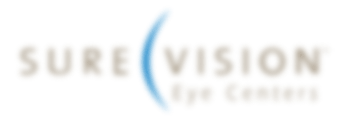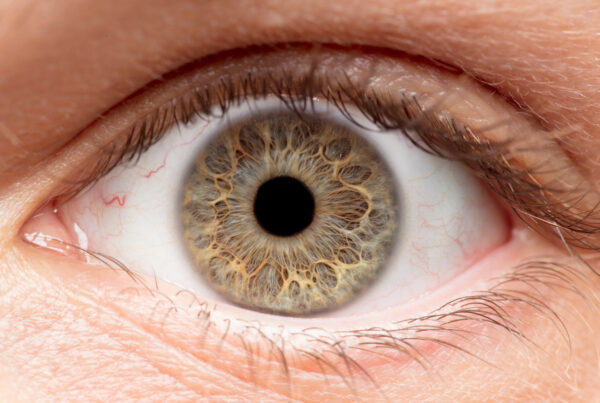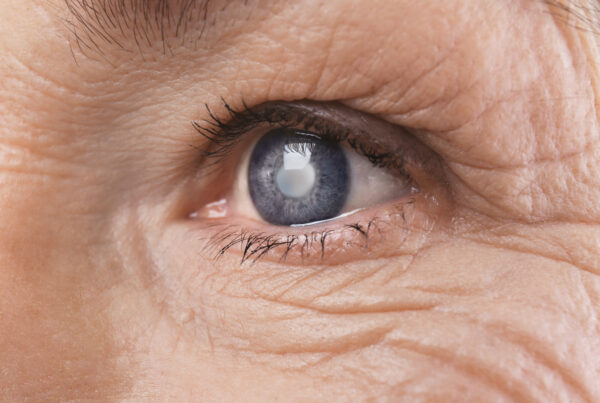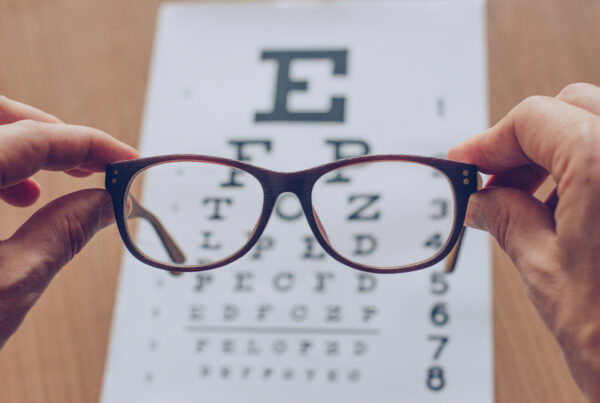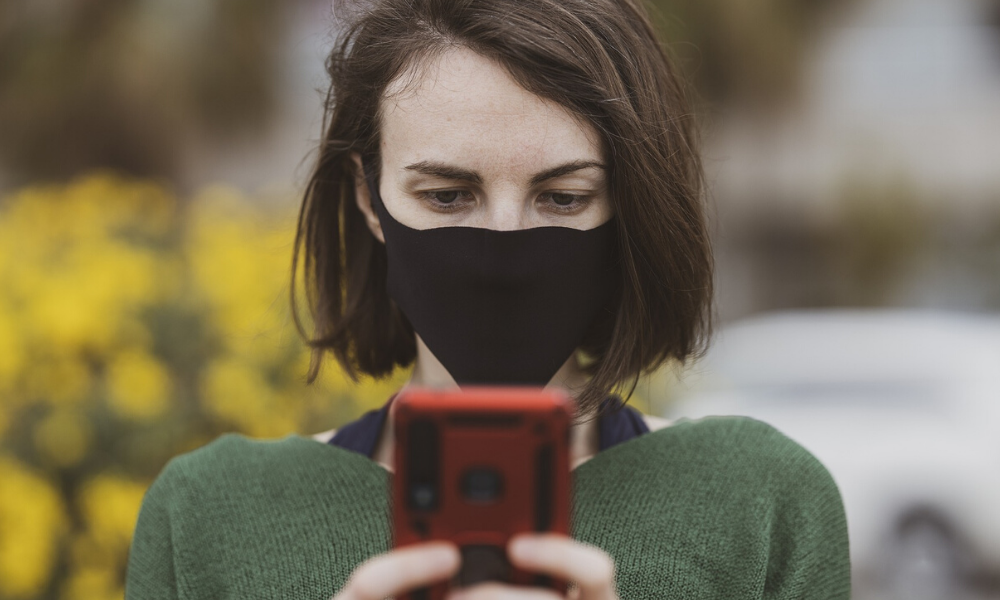
I am tired of all the pandemic stuff, but lately the telemedicine concept is getting to me even more. Doctors don’t seem to want to see their patients! What could be more the opposite of what we were taught in medical school? On my first day of medical school, (OK, so it was 1973, but it’s still relevant!) the first professor who gave the introductory lecture told the class: “You’re going to learn a lot about test results, x-rays, scans, and technology. But the most important thing you should learn is to look at your patient. None of those tests replace your examination of your patient.” So here we are, almost half a century later (am I that old?) doing that examination on a smartphone screen! Does anybody really think that is progress? I mean, how do you check someone’s reflexes on a smartphone? Do doctors even check your reflexes anymore with that little hammer on your knee? Can you put your phone on your chest or back and take a deep breath, please?! Or can guys put their phone between their legs, turn their head to the side and cough?
When you call your doctor to see if you need a change in your blood pressure measurement, you can buy a gadget that takes your blood pressure and sends it to your phone, but when I’m in my doctor’s office, he usually retakes my blood pressure even after his nurse already did it! Maybe he just thinks my blood pressure can’t be that good, or maybe he wouldn’t trust the home blood pressure gadget either.
What does this have to do with eye care? Well there is no gadget to tell you what your eye pressure is or send the data to your phone. So how can a telemedicine visit help manage glaucoma? There are apps for your phone that can tell you what you see on an eye chart, but none of them are as accurate as the screen testing in your doctor’s office. So, what good are they? Not much. Think about all the problems people have with the vision testing gadgets at the driver’s license places!
And if your vision testing on that app shows you can’t see well (you knew that already!) it still can’t tell you if you have a cataract or macular degeneration, or both, causing your poor vision.
And yet, we’re being told to keep our distance and wear masks, even (or especially) when we see our doctor. (After all, doctors see sick people. You want to stay away from them!)
So, what can your eye doctor do to help you without seeing you or examining your eye? Well actually there are things! There are certain symptoms, and signs that can be specific for treating eye conditions safely without close, personal examination. You can email or text me a photo of your red eye and tell me that you woke up to see it this way in the mirror, but it doesn’t hurt and your vision is fine, and I can tell you that this is just a popped blood vessel under the skin of your eye (subconjunctival hemorrhage) and that it’s benign, not dangerous, just looks bad, and goes away without treatment in a few days. No need to come to the office for that!
A good quality photo of your eye can tell a lot about problems you may have, but it doesn’t replace a careful examination of your eye by a skilled eye doctor. At the same time, a good ophthalmic technician can hear about your problems, see a picture of your eye, and tell you how important the problem is, or how urgently you need to be seen in the office. That’s how we’ve been responding to telephone calls for years, and we never charged for it. So now some doctors want to bill you or your insurance for that same service, so they don’t need to see you in person because of COVID-19. Or they can charge for something we used to do for free. And the government has encouraged insurance plans to cover these phone visits, like office visits.
So as far as telemedicine for eye care is concerned, you should still have your eye doctor see you in the office to monitor, diagnose, or treat your eye condition. Nothing can replace that! But do keep safe going to offices that manage social distancing, disinfection of office equipment, and patient screening. Call about problems and don’t feel troubled by the time it takes to get you in and cared for when we are all trying to manage the important health concerns to keep you safe and healthy in our office.
